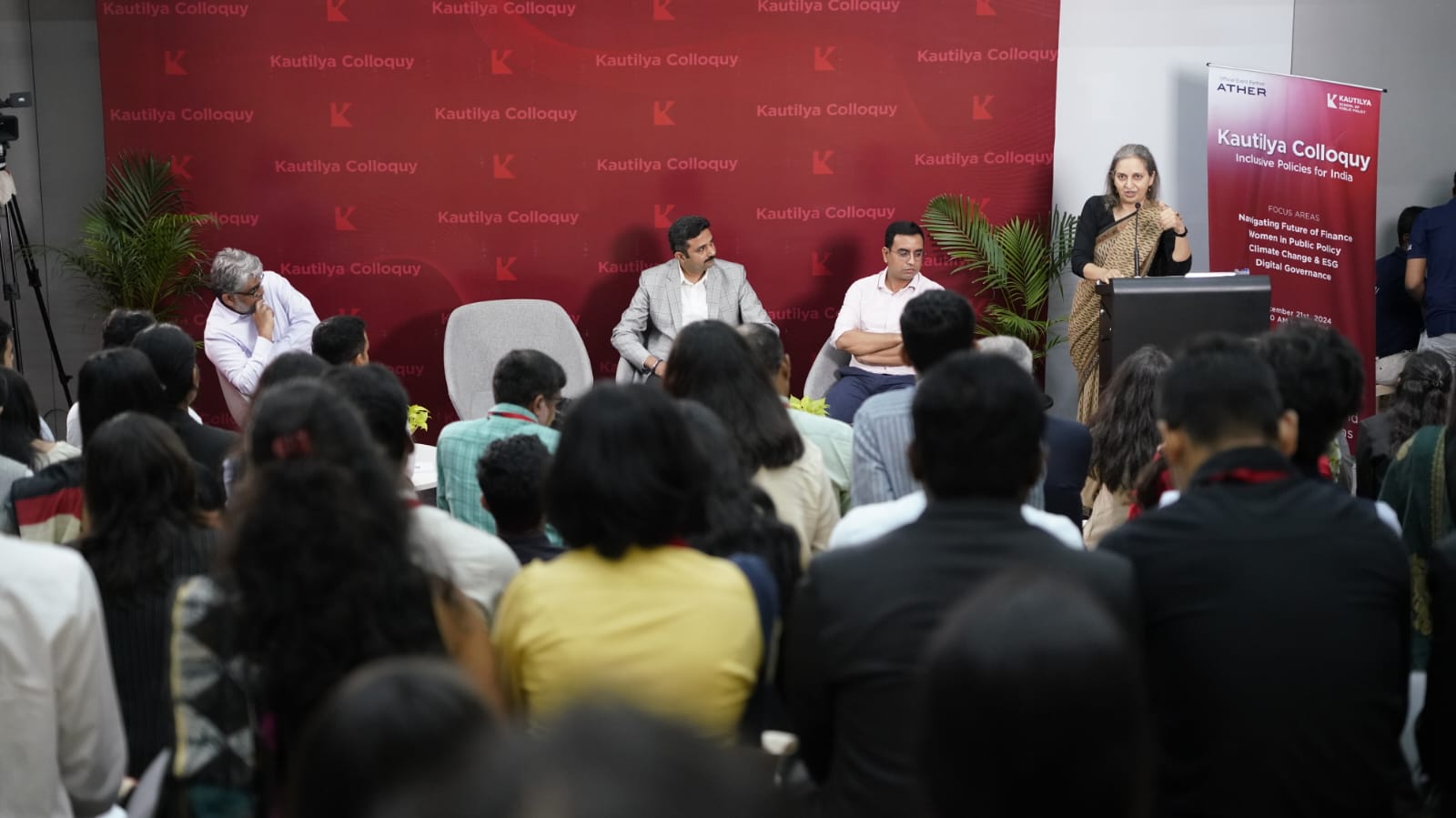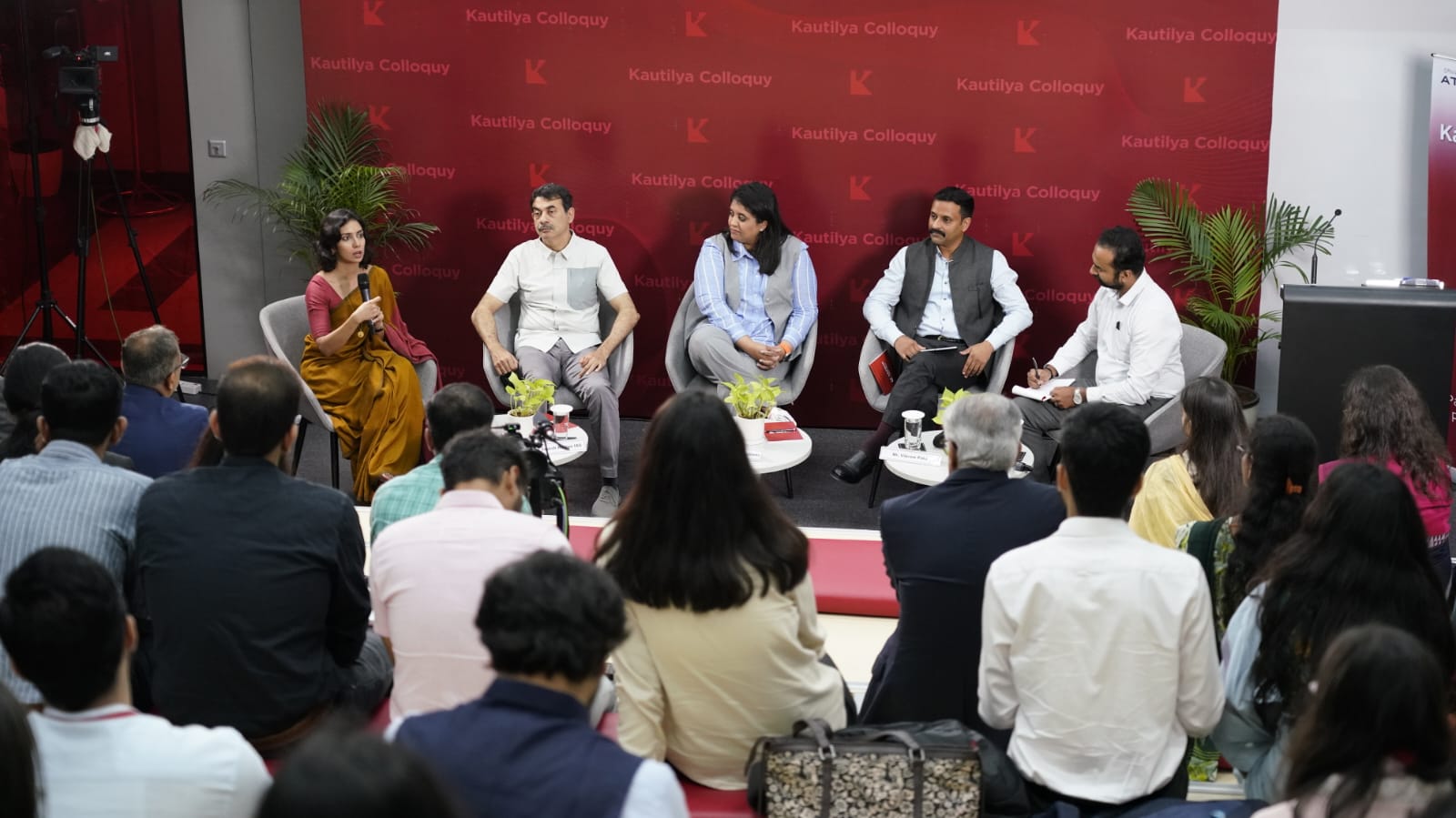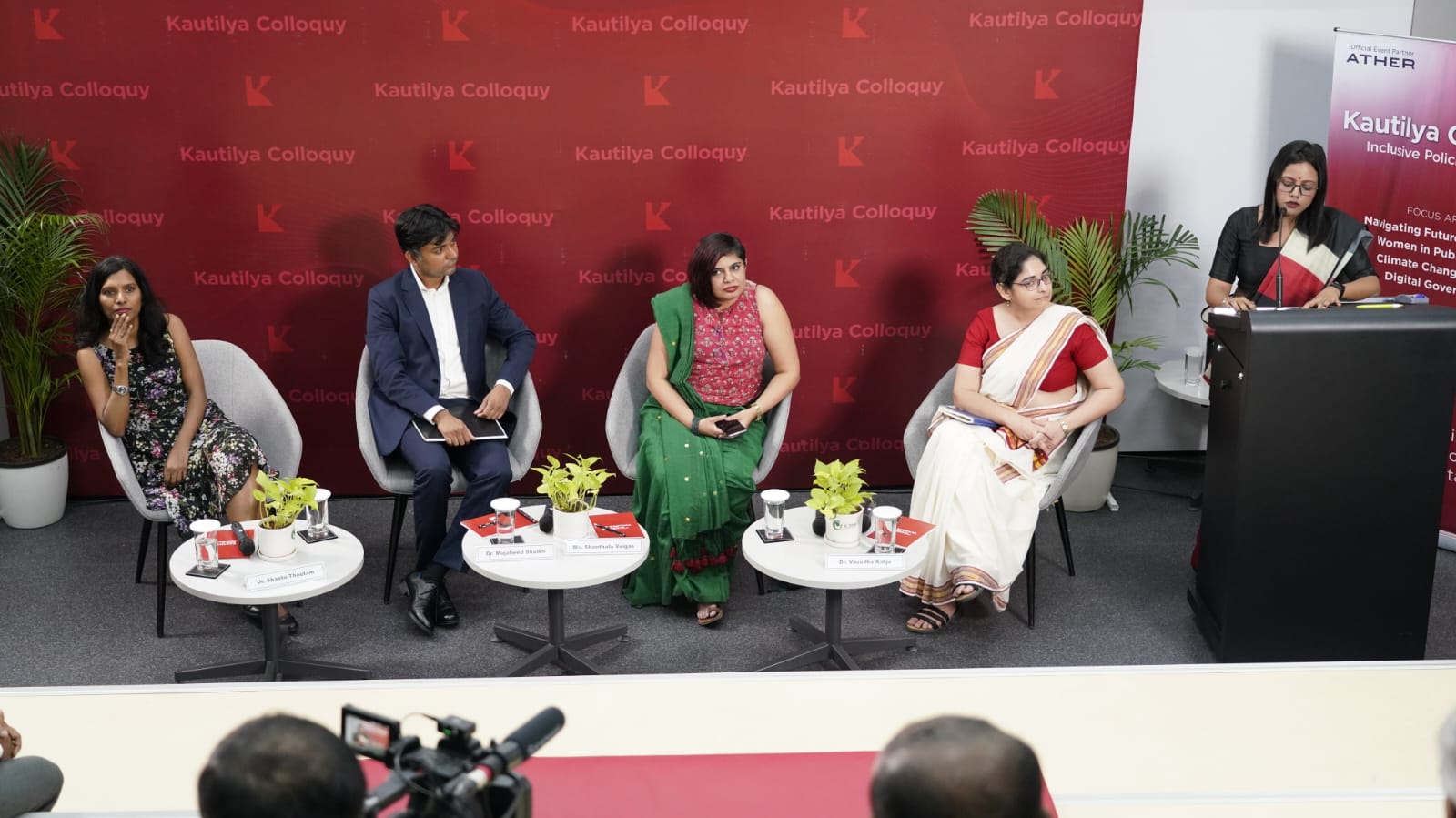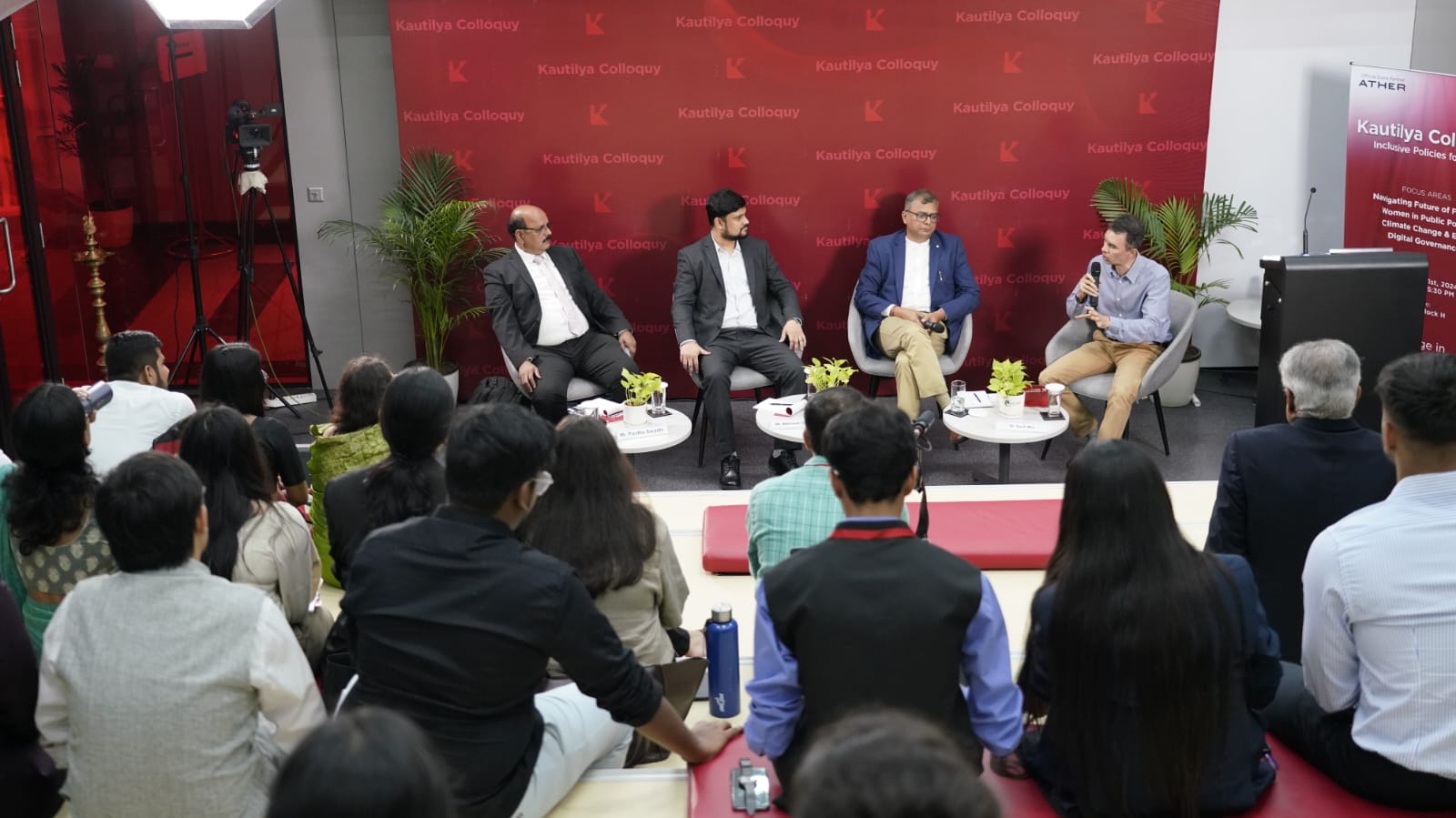About
The Kautilya School of Public Policy at GITAM University, Hyderabad, is proud to announce the second annual Kautilya Colloquy, a student-led initiative, scheduled for September 21st, 2024. The Colloquy will feature research presentations and panel discussions centred around four subthemes: Digital Governance, Climate Change & ESG, Women in Public Policy, and Navigating the Future of Finance. During the research paper presentations, researchers and practitioners will share insights, addressing key policy challenges and proposing inclusive policy solutions. The panel discussions on these four subthemes will host experts, including renowned academicians, senior government officials, industry stalwarts, and policy practitioners. These panels will offer diverse perspectives and explore pathways for inclusive policies in India across digital governance, climate change, women in public policy, and the future of finance.
Dean's message
Congratulations to the Master of Public Policy batch of 2023-25 for continuing the annual student-led Kautilya Colloquy tradition. Legacies are built when every cohort of students builds upon the edifice laid down by its predecessors.
The choice of the theme of “Inclusive Policies for India” is indeed appropriate. Inclusivity is both an enduring civilizational value and a constitutional imperative for India. Examining the impact of the churn we witness in our everyday lives on such abiding principles is an excellent academic initiative with public policy implications.
I have witnessed the time and effort put in by the students to organize this event. Hence, I am as keen as they are to see them achieve the goals they have set for themselves.




